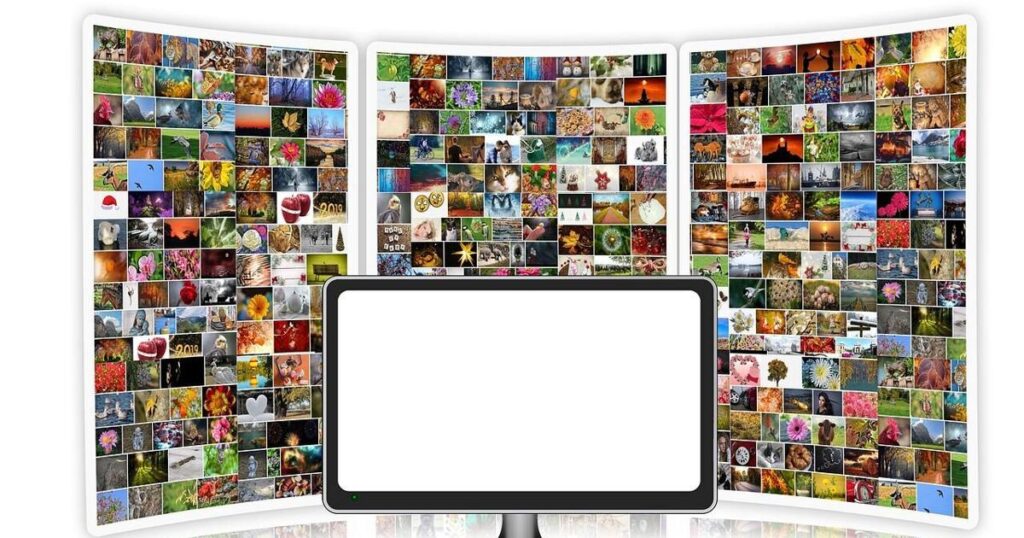I've spent a lot of time complaining about technology, but it's about time to say something good.
Algorithms are powerful aids to learning.
Let's say your problem is a physical ailment. You Google your symptoms to try to understand what's going on with your body. Once you do that, for the next few weeks, every ad, reel, video, and news article you see while scrolling through social media or reading the news online will be related to your ailment. It's like having your own personal physical therapist, or in my case, martial arts instructor.
My current “teacher” is a guy who teaches qigong online. He wears a long robe-like uniform, but that's the only mystical part. All the movements he demonstrates are so simple, easy to follow, gentle and effective. When I come across a movement that resonates with me, I copy the link and save it, so now I have 43 shoulder exercises saved in the “Notes” page on my phone. It hasn't made me recover faster, but it has made me more aware.
If you're not interested enough in a topic to actively search for information about it, that's okay – all it takes is a little curiosity, and the algorithms will provide you with that information.
It's like DoorDash.
You need to keep in mind that the page, site, company, organization or influencer providing you with information is trying to sell you something, and that may not necessarily be true.
“No, but it was on a news site,” she said. (Yes, how do you think news sites and online publications survive? Through advertising.)
We must learn to distinguish between editorial and advertising, reliable and questionable sources, trustworthy and untrustworthy sources. That's what librarians tried to teach us when we were little and when we went to school.
But librarians and algorithms are different in that one informs or guides you, and the other gives you information. And unlike librarians, algorithms don’t care if the information is true or accurate. So what’s good about technology is also what’s bad about it.
People talk about “algorithms” as if they were some Wizard of Oz-like, singular, omnipotent, omniscient force. But an algorithm is nothing more than a set of instructions — a series of steps to solve a problem or achieve some goal. The algorithm is telling you that anything that makes you stop and read or hear or watch something for more than a few seconds, especially anything that you click on, take note of it and provide more of the same.
On the one hand, algorithms can save us time, sort through vast amounts of information to give us something that interests us, and connect us with others who may have similar interests. On the other hand, algorithms may only serve to mirror back to us our existing beliefs, positions, preferences, prejudices and worldviews, rather than opening us to new ideas and broadening our horizons, perceptions and perspectives.
We are immersed in technology, spending half our waking hours and even part of our sleeping hours connected to our phones, tablets, computers, and other streaming devices. We are surrounded by information; like the universe itself, it is constantly expanding, doubling every day. The sheer volume and constant barrage of information is a major cause of stress, and stress has been shown to be a major cause and contributor to illness and ill health.
So, while I could sit here and find many good things to say about technology, and the countless positive benefits are obvious, I am reminded that there is a difference between information and knowledge, knowledge and wisdom, wisdom and truth, truth and love.



